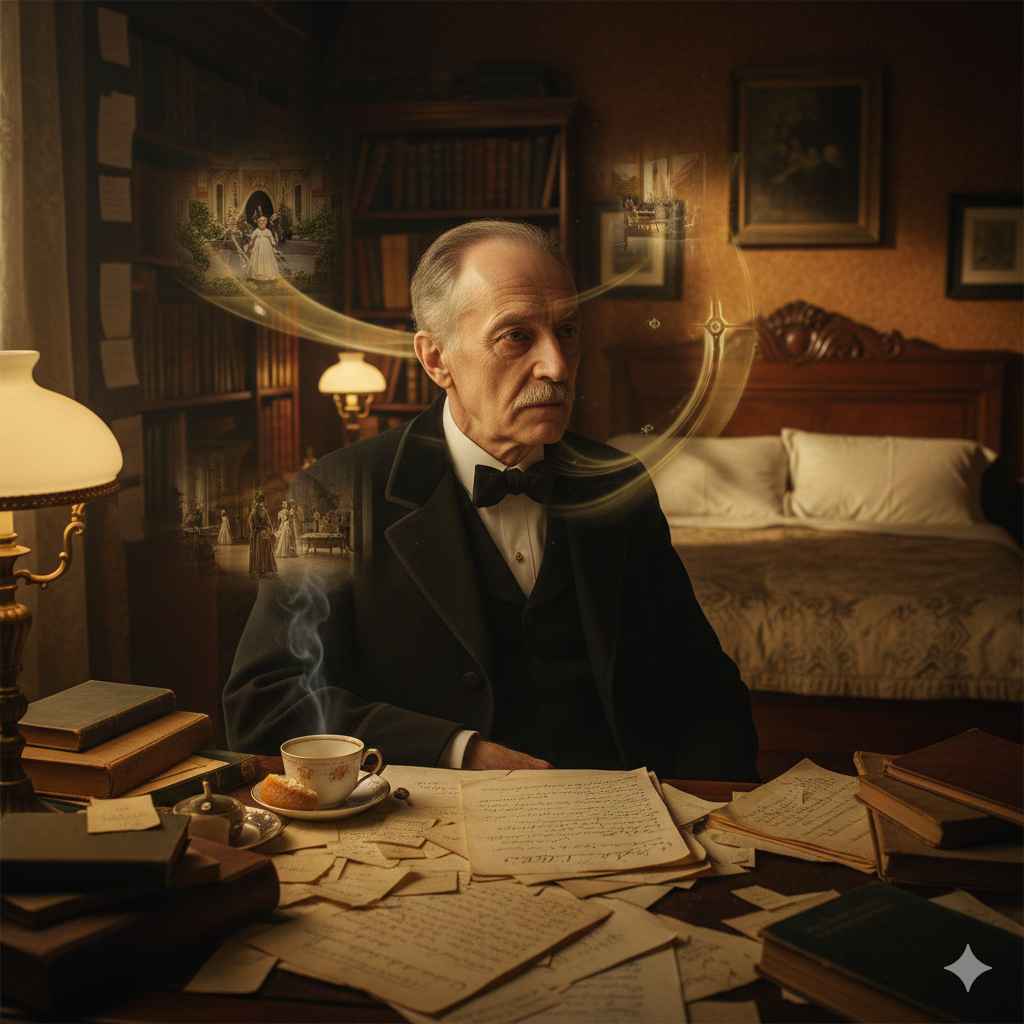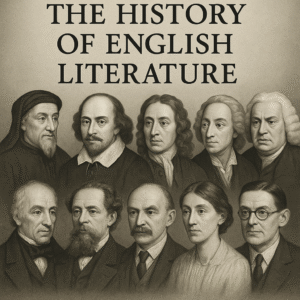
1. Introduction Marcel Proust changed the way we view the world. Indeed, he was a master of the internal soul. Marcel Proust as modernist novelist remains a very vital figure. For instance, he was born in Paris in 1871. His Read More …

The History of English Literature offers a rich exploration of the development of literary works from the earliest Anglo-Saxon texts to contemporary masterpieces. This category provides in-depth articles, study guides, quizzes, and timelines covering key literary periods such as the Old English era, Middle English literature, the Renaissance, Neoclassical Age, Romantic Movement, Victorian literature, and Modernist innovations. Whether you are a student, researcher, or literature enthusiast, you’ll find detailed analyses of major writers like Geoffrey Chaucer, William Shakespeare, John Milton, Jane Austen, Charles Dickens, and T.S. Eliot. Discover how historical events, cultural movements, and philosophical ideas shaped the evolution of English literature over the centuries. Enhance your understanding of literary techniques, themes, and genres as you navigate through the fascinating journey of English literary history. This resource is ideal for exam preparation, academic research, and anyone passionate about the legacy of English literary traditions.

1. Introduction Marcel Proust changed the way we view the world. Indeed, he was a master of the internal soul. Marcel Proust as modernist novelist remains a very vital figure. For instance, he was born in Paris in 1871. His Read More …
1. Introduction to Franz Kafka Franz Kafka shaped modernism strongly. He wrote about fear, guilt, and confusion. Therefore, his works show deep conflict. Moreover, his fragmented worlds display chaos. Thus, readers enter strangeness. Furthermore, Kafka created characters who felt trapped. Read More …
Introduction Modernist Period in English Literature influences many literary scholars today. Moreover, readers witness radical shifts changing narrative expectations across global literature. Furthermore, writers experiment with language revealing complex psychological dimensions in characters. Consequently, artistic works embrace fragmentation creating challenging Read More …
Early Life and Education Robert Nichols as poet holds a unique place in Georgian poetry. His works combine war experiences, lyricism, and musical rhythm to create lasting impact. Robert Nichols was born in 1893, and his early years shaped his Read More …
Introduction to Isaac Rosenberg as Poet Isaac Rosenberg, therefore, stands as a tragically pivotal figure whose poetic work, though superficially rooted in the early Georgian poetic voice, decisively transcended the sentimental confines often associated with the era’s wartime verse. Consequently, Read More …
Introduction Arthur Clutton-Brock emerged as a defining voice of early twentieth-century prose. He consistently bridged the gap between aesthetics and moral philosophy. Consequently, his extensive work—notably for The Times Literary Supplement—established him as a central figure in the Georgian essay Read More …
Introduction Desmond MacCarthy stands as a pivotal figure who elegantly bridged the literary tastes of the Edwardian and Georgian periods. Consequently, he became a central voice whose insightful reflections shaped the critical landscape of his time. The true measure of Read More …
Introduction J.C.Squire as an Essayist (1884–1958) holds a central place in the period. He was the defining voice of the Georgian Period in prose. However, his greatest influence came from his role as a literary editor. Therefore, his critical thought Read More …
Introduction May Sinclair as Novelist (1863–1946) holds a critical, often understated, place. She was a major figure in the shift from Victorian to Modernist fiction. However, her transitional modernist status means her work spanned eras. Therefore, her career began with Read More …
Introduction St. John Ervine as Playwright (1883–1971) occupies a unique and transitional place. He was the most prominent Ulster writer of his time. However, he is often overshadowed by Synge and O’Casey. Therefore, his greatest work belongs to the early Read More …